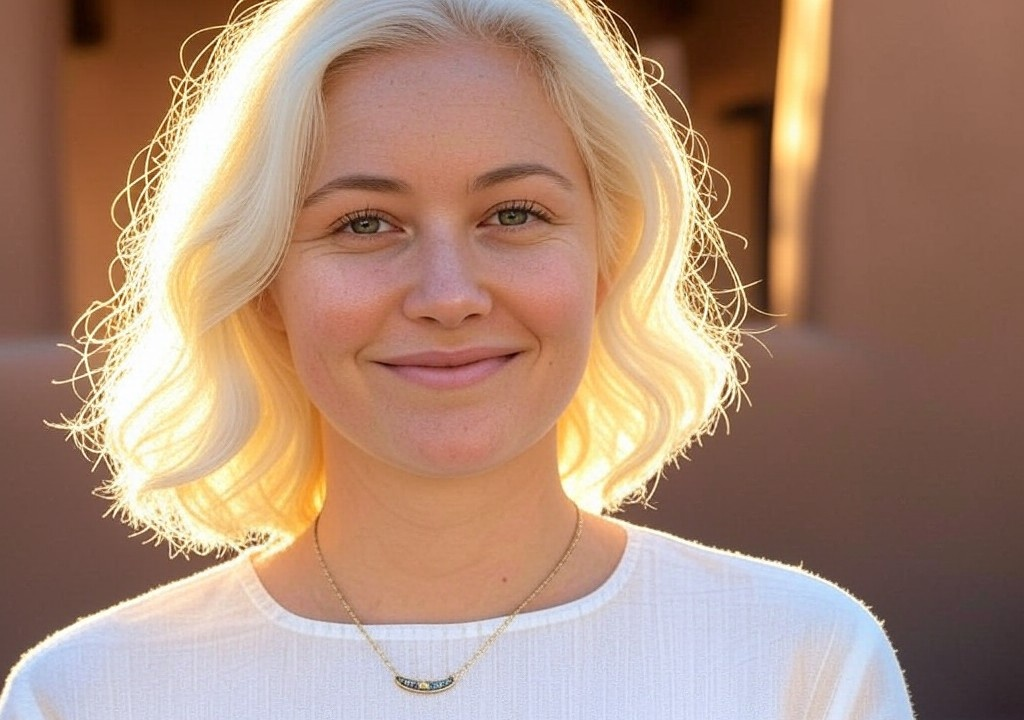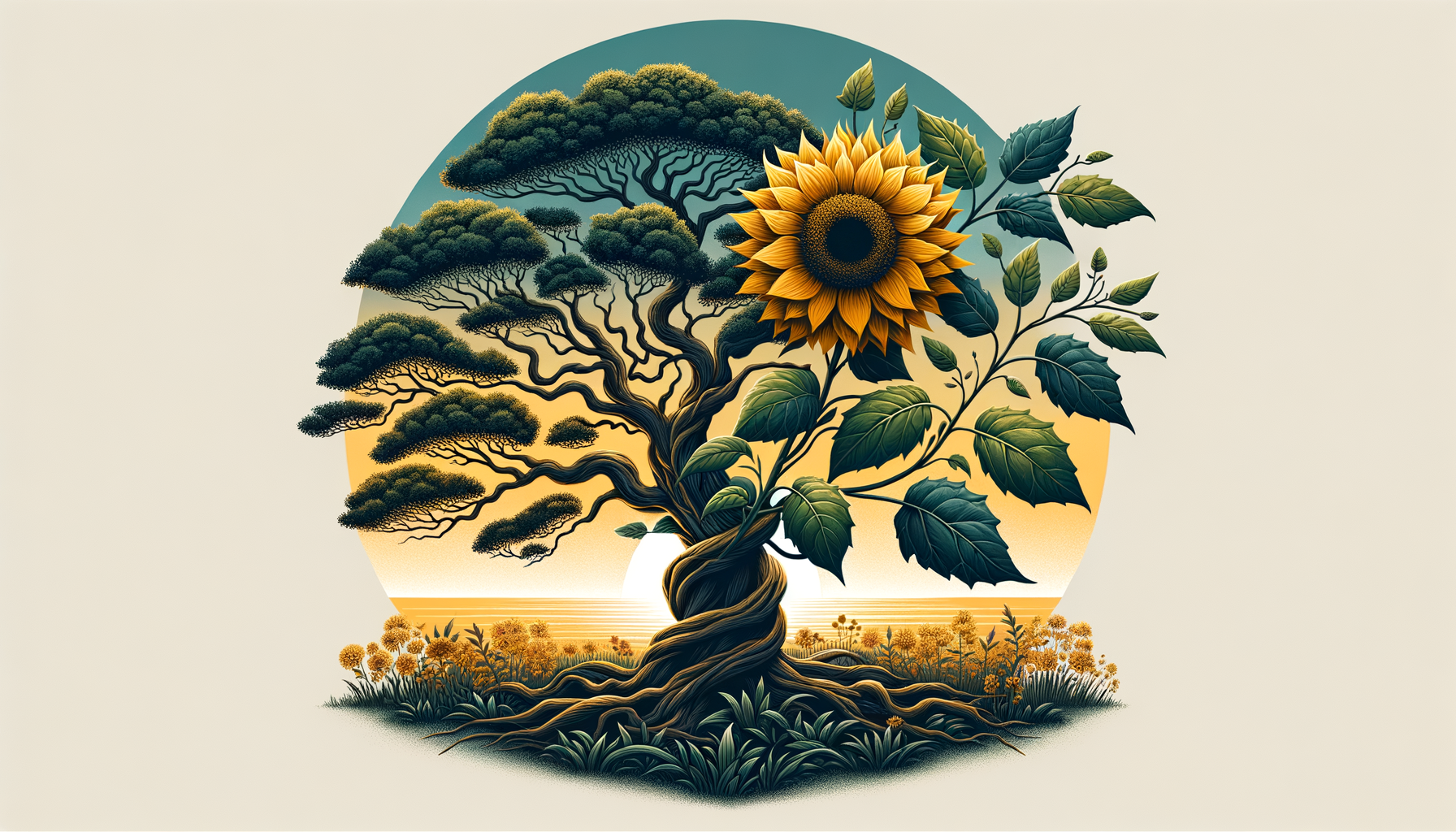What Scares Me the Most (and Why I Do It Anyway)
I’ve always been a bit of a contradiction—a cautious optimist. The type of person who double-knots their hiking boots but still clambers up steep desert trails, heart pounding at every loose rock. I act like it’s great cardio, but let’s be honest: fear is the real MVP of my elevated heart rate. I’m not fearless, not by a long shot. In fact, fear and I are old pals—the kind that stays uninvited and raids your fridge when you’re trying to convince yourself you have your life together. But here’s the twist: I’ve learned to invite fear along for the ride rather than let it call the shots.
So, today, I want to talk about what scares me most, why I face it anyway, and hopefully give you a reason to tackle whatever keeps you stuck on the sidelines.
What’s the Big, Scary Thing?
Love. Relationships. Being vulnerable enough to show someone the mosaic of cracked and mended pieces that makes me me. Yep, the whole soft and squishy underbelly of human connection is terrifying—scarier than the time my mom wore a turquoise bolo tie to my gallery opening because she “wanted to make a statement.”
Why? Because love is the ultimate creativity. You’re sculpting a life together with no guarantees that you won’t knock the whole thing over when you argue about thermostat settings or passive-aggressive texts. Vulnerability is like standing in front of a blank canvas, armed with only your shaky intentions and a brush of hope. And that’s hard, friends.
Why Fear is a Terrible Life Coach
Here’s what fear would have you believe:
- You’ll mess up.
- They’ll see the “real” you and run.
- It’s easier to stay in your lane, keep things surface-level, and avoid true intimacy altogether.
Fear has a loud, convincing voice, like the villain monologues in every superhero movie. For years, I took its advice. I built walls so tall that even I needed a ladder to peek over them. I convinced myself that I wasn’t ready or that the right person didn’t exist, but those were all just excuses wrapped up in layers of faux self-preservation.
Here’s the thing no one tells you: fear isn’t wrong about the risks. But it is wrong about the outcome. Yes, you might mess up (spoiler: you’re human). And yes, people might see your imperfections. But if every piece of high-desert pottery shattered at the first sign of a crack, we’d never get to see their full story, beautifully kintsugi’d together.
The Art of Doing It Anyway
So, how do you navigate fear without letting it take the steering wheel? Here’s what’s worked for me:
1. Label It, Don’t Live By It
Fear loves to operate undercover. When I feel it creeping in, I call it out. Literally. The last time I went on a “let’s-see-where-this-goes” dinner date, I excused myself to the bathroom and whispered “I see you” into the mirror. (Yes, the employee folding paper towels gave me a look.) Naming my fear made it lose some of its power. Saying “I’m scared of getting hurt, but I’m still going to finish the night” reminded me this was my story.
2. Embrace Awkwardness
Fear tells us to be perfect—to show up as glossy and airbrushed as an influencer’s Instagram feed. But perfection is about as relatable as trying to eat sushi with a fork. So lean into awkwardness. Share the embarrassing middle school phase where you thought wearing cowboy boots with gym shorts was edgy (guilty). Laugh about your Tinder bio fails. Authenticity diffuses tension faster than giving it CPR with humor.
3. Take Risks in Small Steps
A leap of faith doesn’t have to be Evel Knievel-level dramatic. For example, in my gallery work, I used to only display “safe” pieces—art I knew people would like. But then I took a chance and installed a surrealist sculpture that resembled a jackrabbit with a neon mohawk. The reaction? Some loved it. Some hated it. But at the end of the day, people felt something. Dating’s the same. Share a bit of yourself, test the waters, and see how it feels. A willingness to risk a small “no” opens doors to bigger “yeses.”
4. Use Fear as Your Creative Muse
If fear didn’t exist, would we really care so much? I can’t say I’d let someone into the delicate corners of my life if I didn’t feel the possibility of loss too. Fear mirrors joy, showing us what matters. It’s why, even though every first “I love you” feels like free-falling without a parachute, that moment is also unparalleled. Fear tells you there’s something at stake—and that’s a sign you’re doing something meaningful.
The Stories Worth Telling
A few years ago, I worked on an art exhibit about impermanence—a collection of sand mandalas that were washed away at the close of the show. Initially, I balked at the idea, just like I balk at how fleeting love can feel. But isn’t that the magic? It’s the fact that something so temporary can still be transformative. You’re changed by every brushstroke, every conversation at 3 a.m., every time you choose to let someone else take up space in your world.
Similarly, don’t let the scars from past relationships (or general awkwardness) stop your story in its tracks. My first real heartbreak had me crying so hard in the Santa Fe Railyard Farmers Market parking lot that a vendor awkwardly offered me an extra bundle of kale. I avoided intimacy for a while after that moment. But when I look back, I see that the messiness of being human is also where the magic happens.
Your Fears Are Laughing at You Too
Lastly, remember: what you fear today may be a funny story tomorrow. Like the time I tripped over a literal tumbleweed while nervously walking to my first gallery opening. Fear wants you to believe that the worst-case scenario is Earth-shattering when, most of the time, it’s just a momentary bruise to your ego. And bruises fade.
The Part Where I Encourage You Anyway
If you, like me, are scared of vulnerability, that’s okay. You don’t have to banish fear, just learn to live with it. Be the one who steps into the desert heat, knowing the sunburn is worth the view. Be the gallery that displays the jackrabbit sculpture, even if it doesn’t match the aesthetic. Mostly, be the person who risks loving—and being loved—even when the outcome isn’t guaranteed.
Fear is part of the story, but it doesn’t write the ending. That’s up to you.




















